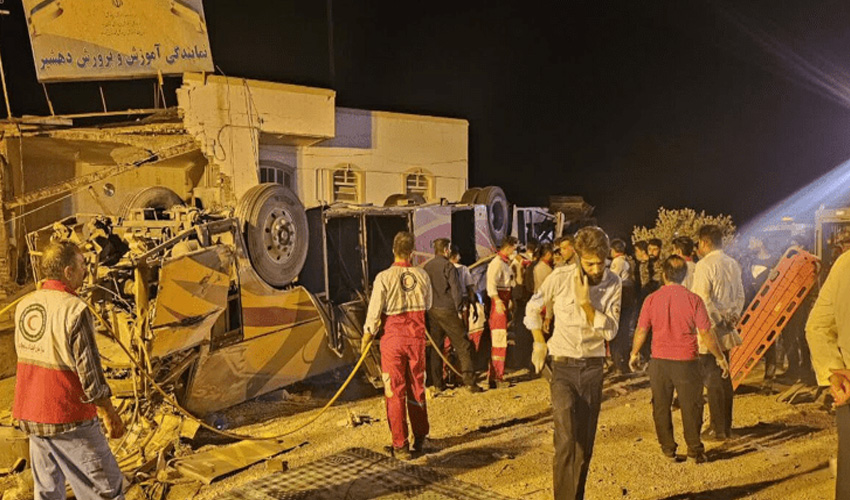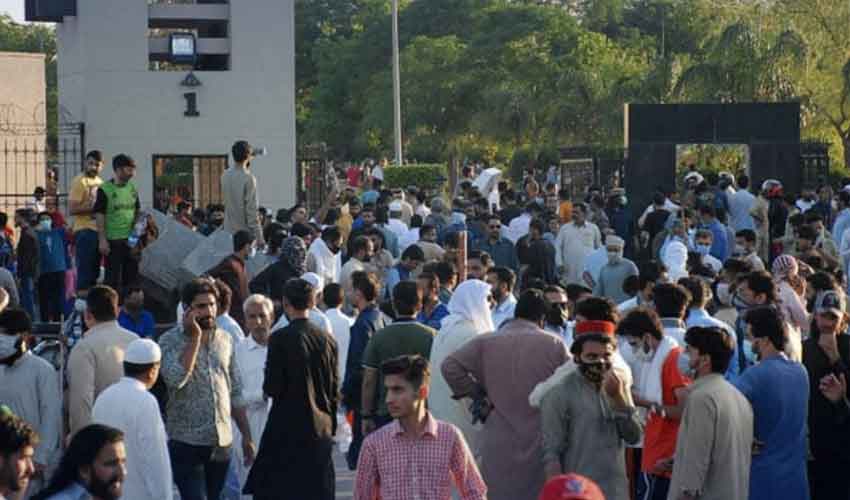Reporters Without Borders (RSF) has urged for the immediate release of Kashmiri journalists who are facing persecution by Indian authorities. The recent re-arrest of Asif Sultan, just a day after his release following five years of imprisonment, highlights the ongoing challenges faced by journalists in the region.
Asif Sultan, who was initially detained in 2018 for his journalistic work, was released on February 28, only to be arrested again on March 1 by the Indian Army. His case symbolizes the misuse of anti-terrorism laws to target journalists in Kashmir, with his original arrest linked to an article he wrote on the anniversary of Burhan Wani.
Furthermore, RSF has pointed out the plight of other Kashmiri journalists, including Sajjad Gul, Abdul-Ala Fazli, Irfan Mehraj, and Majid Hydari, who have been imprisoned under similar charges.
The organization has condemned the use of terrorism laws by the Modi government as a political tool to suppress independent media voices and hinder journalistic coverage in Kashmir. RSF emphasizes the need for a change in policy towards journalists in the region, particularly with the upcoming general elections in India.
Highlighting the lack of access for foreign media in Kashmir, RSF reported incidents where journalists were denied entry during Prime Minister Narendra Modi's recent visit to Srinagar. Additionally, efforts by journalists to investigate alleged human rights abuses by the Indian Army have been obstructed.
Internet and communication outages in Kashmir have also seen a significant increase, tripling over the past five years, according to RSF. Such restrictions contribute to the challenges faced by journalists in reporting from the region.
India's ranking of 161 out of 180 countries in RSF's 2023 World Press Freedom Index underscores the concerning state of press freedom in the country.



























